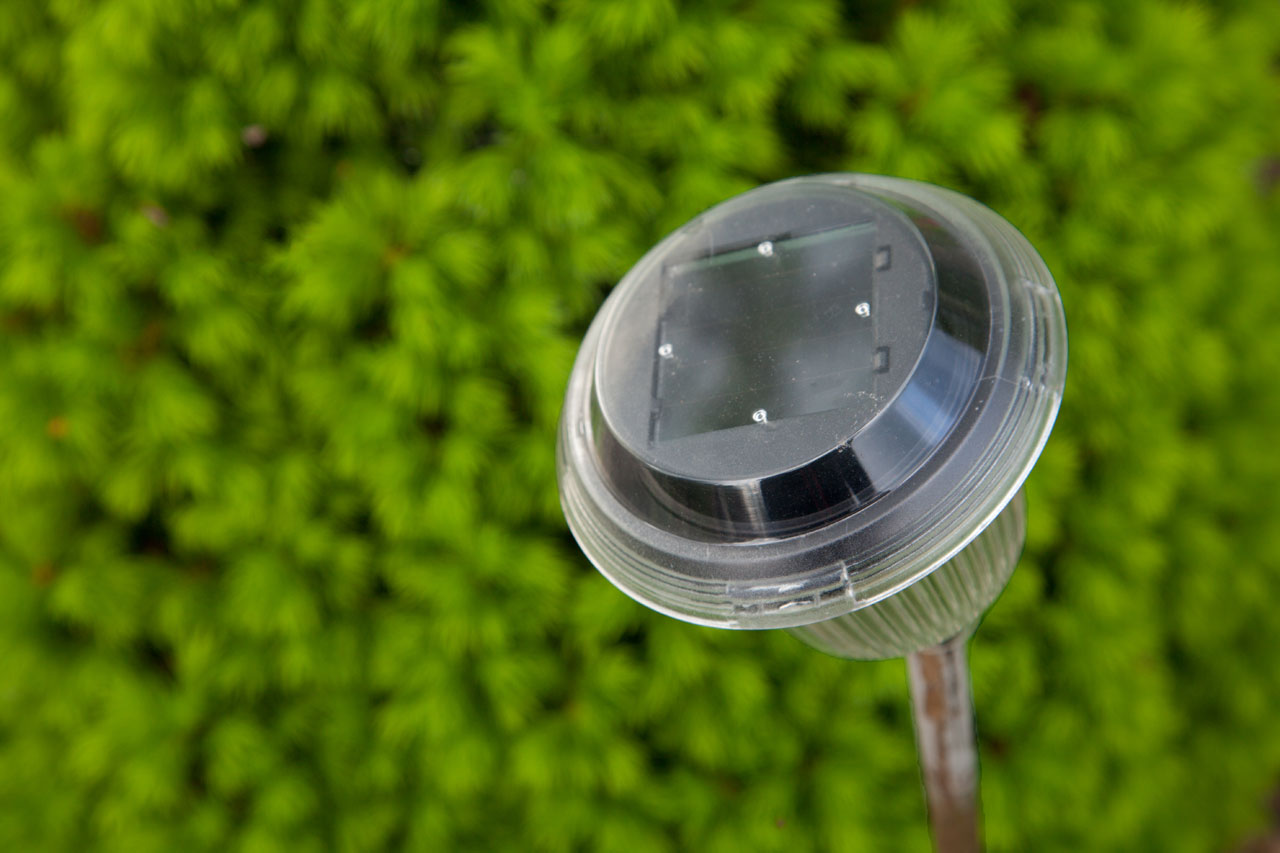We all have certain spots in our garden that we wish to brighten up with the help of some lights. In such cases, powered solar lights are best for your garden. You might end up spending some time on installing these lights but it will save you from long-term energy costs.

A long time ago it was a dream to use solar power to produce electricity. But now it has become a reality. You will come across hundreds of solar panels placed over rooftops of buildings and houses around the world.
Some people aren’t sure how these powerful solar panels work and how sun rays are converted into electricity. In this article, we are going to explain how solar lights work.
The main phenomenon through solar lights work is the photovoltaic effect. A solar light consists of solar cells that are often seen or spotted as a dark circle on the solar light. The solar cells are responsible for transforming the sun rays into electrical currents.
Each solar cell is filled up with numerous layers of crystalline silicon and chemicals. The main purpose of these multiple layers is to create positive and negatively-charged electron cell spaces. These multiple layers are present over each solar cell.
When light passes through each solar cell it excites and pumps up the negatively charged electrons and forces them to attract positively charged spaces.
The positively charged spaces allow the flow of current to pass easily through the wires that are incorporated within the battery of each solar cell. This way the solar cells charge excessive current within their battery system throughout sunlight.
As night slants the solar cells restrict the process of converting sun rays into electricity. The LEDs turn up the light when the photoreceptors foresee the dark. This way the battery supplies electricity throughout the nighttime.
It is a daily routine cycle for all solar panels. They convert sun rays into electricity all day and at night the current is used up in the form of light until the power is all gone and photoreceptors are shut down.
During summers, it is not difficult to obtain sufficient sunlight during the daytime. Make sure the battery of the solar panels is not situated among trees or bushes.
During winters, the days are shorter and nights are pretty long. Also in winters, there are hardly a few hours of sunlight that can help to convert light into current. Snow is also a major reason due to which winters become difficult and the capacity to charge up the solar panels is also complicated.
As explained already, summertime is the best season to fully charge up your solar panels. In terms of a small size solar panel approximately 12 to 15 hours of daylight is required to fully charge the solar panel.
In the case of a cloudy day, the time to charge up the battery is also limited. In winters things become unfavorable, especially during the snow.
Before you plan to install solar garden panels make sure you select obvious locations where plenty of sunlight is expected. The process of installation is far easier as compared to other outdoor lights.
All you are required to do is to fit in the solar light panel right into the soil. You do not require any other tools or a wire to attach along with it therefore the process is much easier and safer as compared to the traditional ones.
The cost of installing solar panels is also considerably low as compared to other light systems.
There are plenty of reasons that make solar panels a great choice for outdoor lights. The long list of benefits includes: